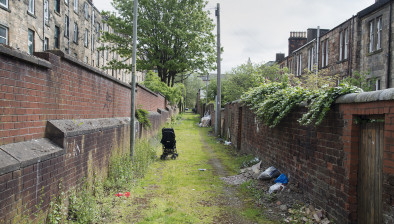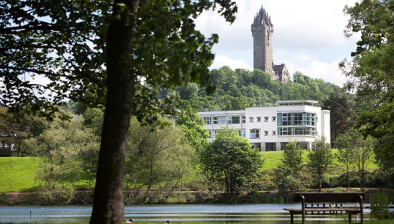England: Supreme Court makes landmark ruling on ‘intentional homelessness’
 A landmark case at the Supreme Court could change the way English local authorities use the term “intentionally homeless”.
A landmark case at the Supreme Court could change the way English local authorities use the term “intentionally homeless”.
The court ruled that the London Borough of Waltham Forest (LBWF) was wrong to refuse a woman’s request for housing help on the grounds she had made herself “intentionally homeless”.
The ruling stated that the woman, who was heavily pregnant at the time, did not make herself homeless when she left a homeless hostel of her own will.
The case, known as Haile v the London Borough of Waltham Forest, could now set legal precedent for all challenging council’s interpretation of the term. Councils may have to take into account events or circumstances which take place after an applicant leaves or loses their home before they can decide if someone is intentionally homeless.
The decision follows a separate landmark Supreme Court ruling last week, which is likely to expand the number of people local authorities assess as ‘vulnerable’ and therefore have priority for housing.
In June 2010 Ms Saba Haile was housed by LBWF council in an ‘unpleasant hostel’ in Lea Bridge Road, Leyton.
“Grateful” to have a roof over her head after being homeless she made no complaints despite sharing one toilet with 15 others.
In May 2011 when she became pregnant Saba was made uncomfortable by the ‘oppressive atmosphere’ and sick with the smells and worried about anti-social behaviour.
Her morning sickness got worse and she feared for her child’s health.
In late October 2011, Ms Haile could cope no more and left the hostel.
Then she tried to make a homeless application while crashing on couches for the night.
In late November 2011, LBWF decided that as Ms Haile had left the hostel voluntarily and stated that she had made herself intentionally homeless.
Although they did recognise that when the child was born she would have been unsuitable for the hostel.
Hackney Community Law Centre helped Ms Haile to lodge an application requesting an official review of LBWF’s decision.







